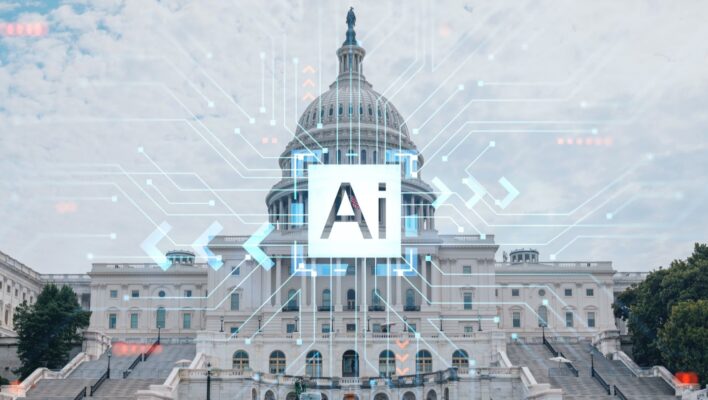According to a recent report from Axios, the House of Representatives has introduced new regulations concerning the utilization of ChatGPT in congressional offices.
The report states that non-ChatGPT chatbots are currently not authorized for use. In a memorandum released on Monday, House Chief Administrative Chief Catherine L. Szpindor specified that lawmakers and staff are now limited to employing ChatGPT Plus, the paid version of the chatbot, due to its advanced privacy features.

The usage of the product is strictly confined to “research and evaluation” purposes, with privacy settings enabled. Additionally, offices are prohibited from inputting any non-public text into the service.
Several private companies, including industry giants like Samsung and Apple, have already imposed restrictions or outright bans on the usage of generative AI tools such as ChatGPT. These companies have expressed concerns about the potential leakage of confidential data through these tools.
These concerns are reinforced by previous privacy mishaps by OpenAI, the creator of ChatGPT, such as a bug that temporarily exposed chat histories to other users.
Also Read: Can the iPhone 16 be cheaper than the iPhone 15 Pro?
In the memorandum issued on Monday, Szpindor explicitly stated that no other versions of ChatGPT or similar AI software based on large language models are currently authorized for use in the House.
This announcement follows Senate Majority Leader Chuck Schumer’s recent call for Congress to expedite the enactment of new legislation aimed at regulating the artificial intelligence industry. Schumer has presented a framework that outlines Congress’ focus areas, including the potential risks of AI to national security and employment.
Schumer emphasized the significance of AI as an innovative force that can usher in technological advancements, scientific discoveries, and industrial growth. He stressed the need to encourage innovation while ensuring its safety. Failure to provide a sense of security around AI development could hinder progress in this field.
Lawmakers in both the Senate and the House have already introduced several bills aimed at regulating the AI industry this year. Sens. Richard Blumenthal (D-CT) and Josh Hawley (R-MO) recently proposed a measure that seeks to exclude AI companies from the protections of Section 230, thereby exposing these companies and their products to legal liability.
Furthermore, Congress has initiated discussions with prominent figures from the industry. Sam Altman, CEO of OpenAI and creator of ChatGPT, received a warm welcome from the Senate in May.
Other proposed measures include requesting federal agencies to review their AI policies and establishing a new commission tasked with studying and establishing regulations for the industry.

I am a law graduate from NLU Lucknow. I have a flair for creative writing and hence in my free time work as a freelance content writer.